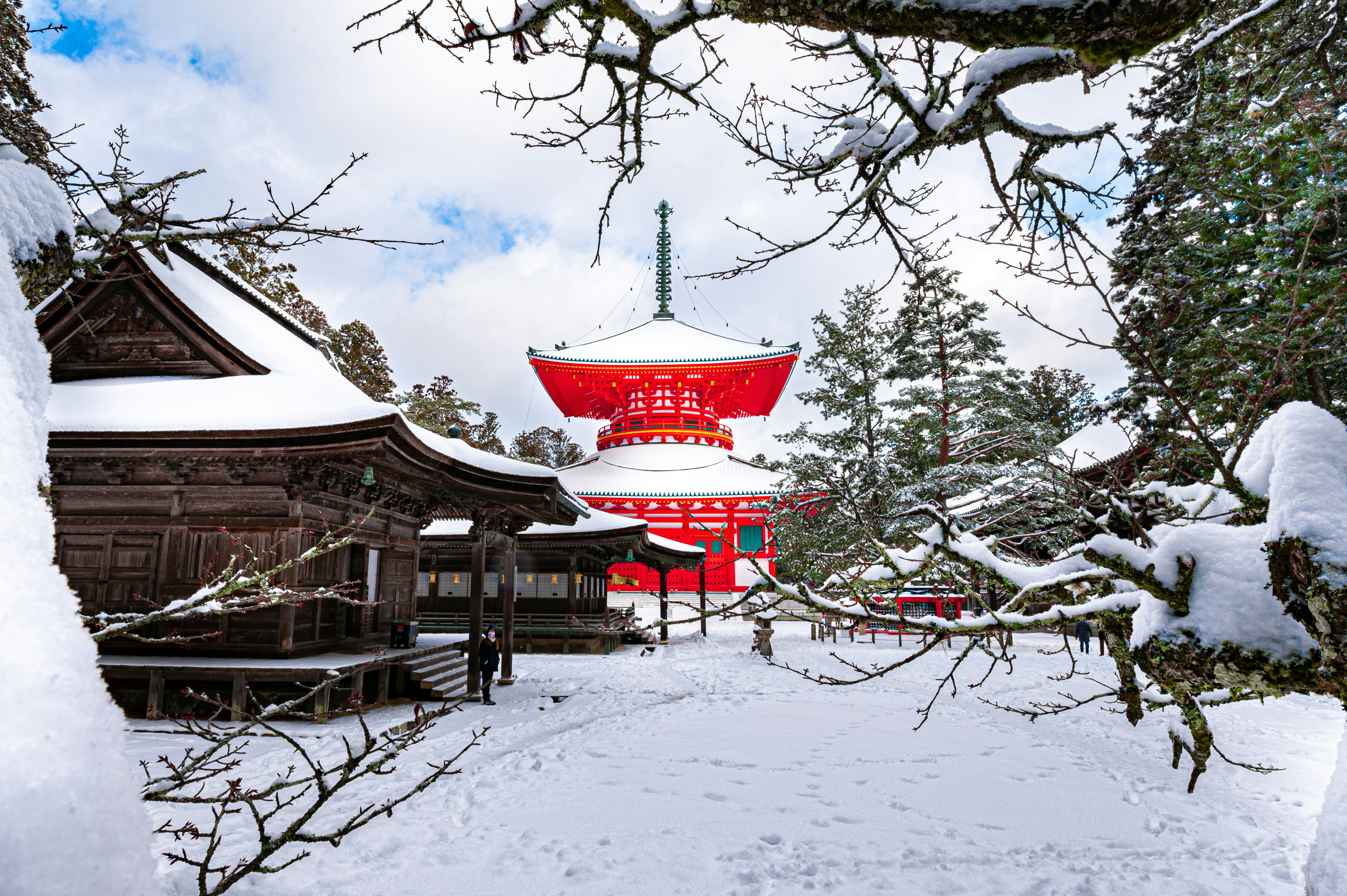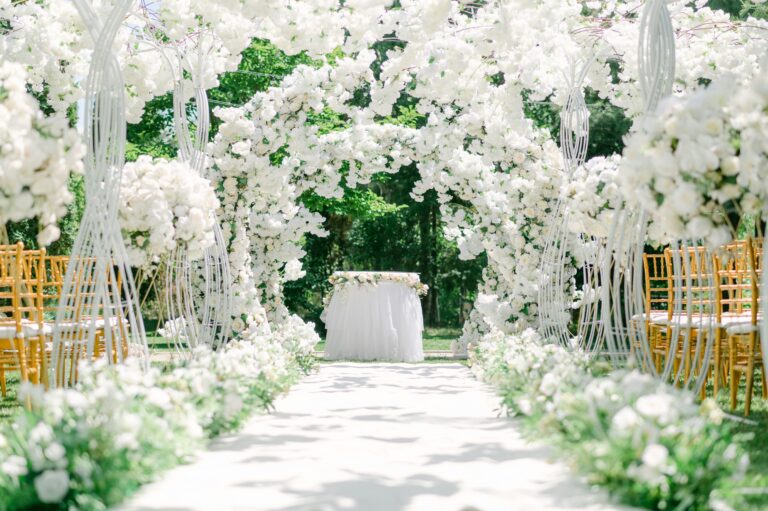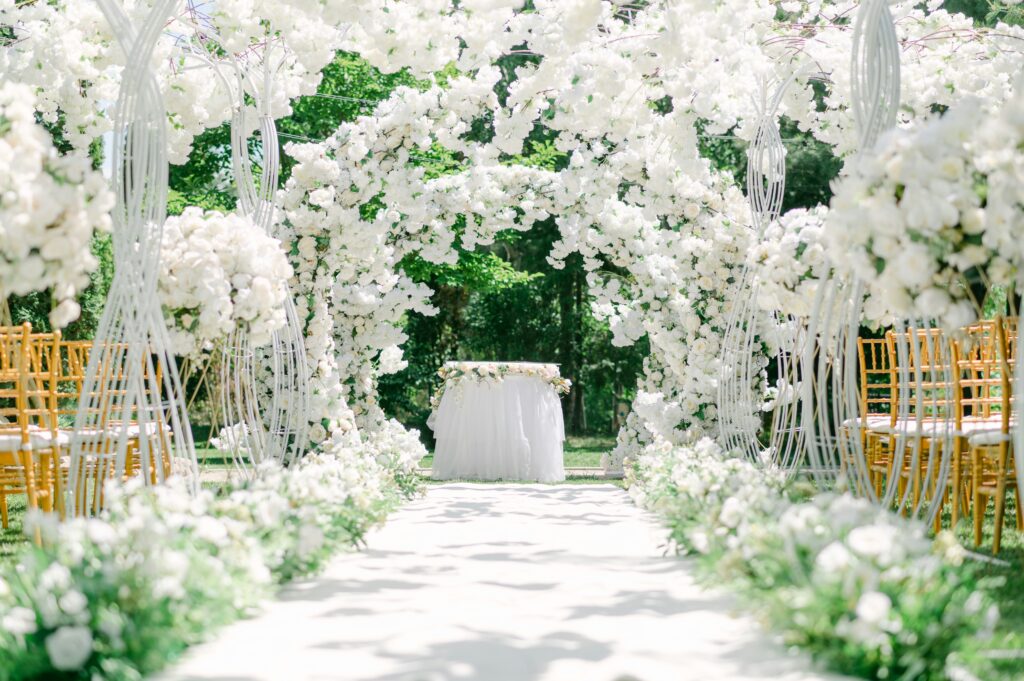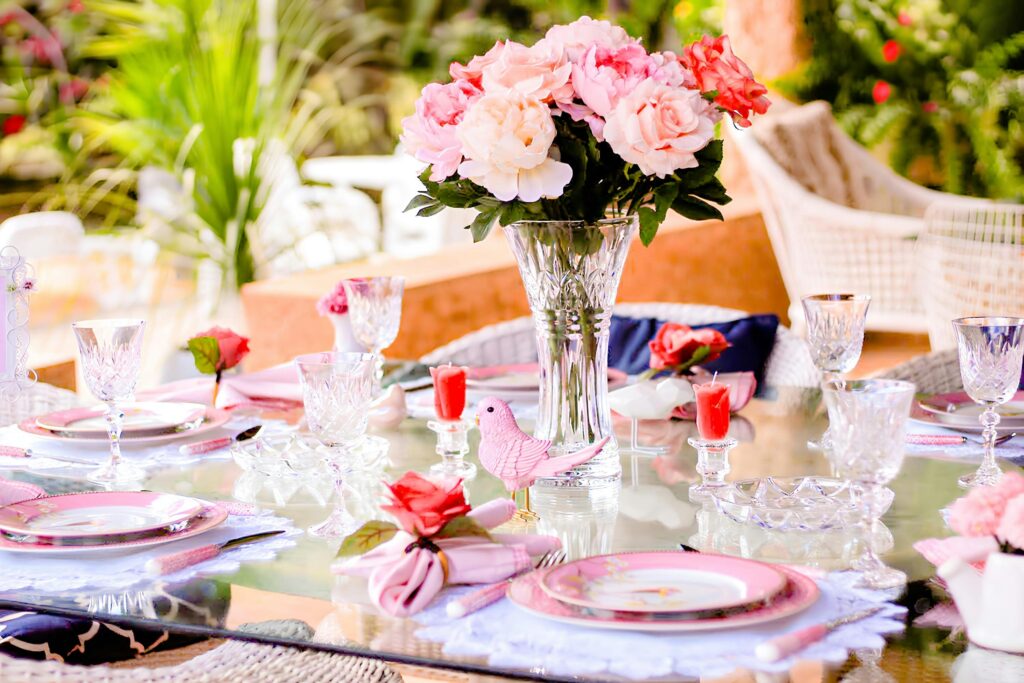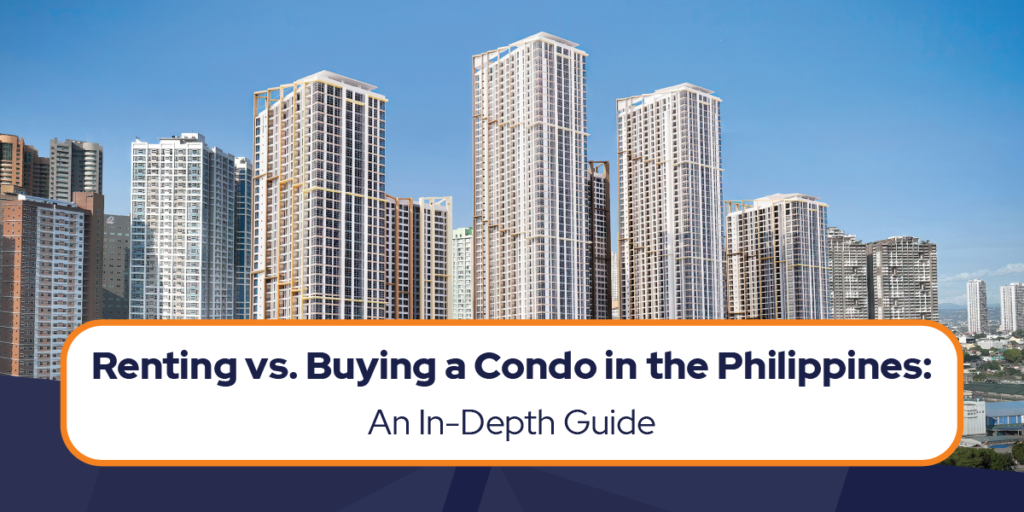TL;DR
Celebrating Christmas in Japan offers a unique, romantic, and spectacle-filled holiday experience vastly different from the Philippines’ family- and religion-centric traditions.
- Christmas Eve is for dates and beautiful winter illuminations.
- Book dinner and popular KFC fried chicken sets early.
- Enjoy a slice of fluffy strawberry Christmas cake.
- Christmas Day is often a regular Japanese workday.
When you think of Christmas in the Philippines, you likely picture the nine-day Simbang Gabi, the warmth of family around noche buena, and the glow of traditional parol lanterns.
In Japan, Christmas takes on a beautifully different character. It’s not primarily a religious observance but a lively, secular occasion—a time for romance, fun, and spectacular seasonal displays. There’s also the chance of snow, incredible illuminations, unique holiday foods, and a refreshing take on how Christmas can feel.
So if you’re thinking of spending your holidays abroad, you can put Japan at the top of your list.
This guide will explain what it’s like celebrating Christmas in Japan and how you can make the most of a festive winter there while staying culturally respectful.
How Do Japanese People Celebrate Christmas?
Unlike the Philippines, where Christmas revolves around family gatherings and religious services, Japan sees the holidays as a social or romantic event. While you’ll see decorations and hear carols, the key celebrations often center on Christmas Eve rather than Christmas Day itself, which is usually a regular working day for many Japanese.
Some distinct Christmas holiday traditions in Japan include:
Romantic dinner dates and illuminations
Christmas Eve in Japan is similar to Valentine’s Day. Couples plan special dates, exchange gifts, and enjoy beautiful dinners. Cities come alive with brilliant, elaborate light displays that draw huge crowds. You’ll find some of the best Christmas lights in Japan in major cities like Tokyo and Osaka.
Christmas dinner: fried chicken
One of the most unique Japanese Christmas traditions is eating fried chicken specifically from KFC on Christmas Eve. It started after an early marketing campaign successfully tapped into Japan’s lack of established Christmas customs. It became so widespread that the Japanese pre-book the seasonal KFC dinner set weeks in advance.
The Japanese Christmas cake
No celebration is complete without the light and delicious Christmas Cake, a sponge cake topped with whipped cream and strawberries. It’s a delightful contrast to the heavier cakes common in other countries. Historically, the Christmas Cake represented post-war prosperity, as it was a sugar-laden, cream-filled luxury item.
7 Tips to Spend the Best Christmas in Japan
Celebrating the holidays abroad isn’t that complicated. Here are some ways to have the best Christmas in Japan as a Filipino tourist.
1. Book dining and romantic outings early
Because many people go on romantic dates on Christmas Eve, restaurants and hotels fill up fast, especially those offering special dinners for couples. If you plan a special meal, whether it’s a high-end dinner or a themed KFC bucket, you should book as far in advance as possible.
Consider securing a reservation at a restaurant with a stunning city view in areas like Shinjuku or Shibuya to elevate the romantic experience.
2. Prioritize the winter illuminations
Seeing the breathtaking illuminations is arguably the most popular way to celebrate. These spectacles transform public spaces, malls, and trees into stunning light shows. Research the main displays in the area you’re visiting, whether it’s Christmas in Tokyo’s midtown or Osaka’s famous street displays. Dress warm and bring a camera to capture the memories.
3. Try the unique Christmas food
You absolutely must try the Japanese Christmas Cake! You can order one from a department store, local bakery, or even a convenience store. You can also embrace Japan’s fried chicken tradition. If the idea of a KFC Christmas doesn’t appeal to you, many local gourmet fried chicken shops and department stores offer their own popular seasonal sets.
4. Seek out a Christmas market
Christmas markets in Japan may be a newer tradition, but they’ve quickly become favorites in big cities. You’ll find European-style festive stalls, handmade crafts, mulled wine, and tasty seasonal snacks. They’re perfect for soaking up the holiday spirit and snapping a few great photos.
5. Layer up for the winter chill
Depending on the region, winter in Japan can be pretty cold, and you might experience snow. That said, wear layers so you can stay warm while enjoying the lights and markets.
If your itinerary allows, consider extending your trip to take advantage of the season. You can spend a day at a winter resort, ski, or relax in a traditional onsen (hot spring). Destinations like Hokkaido or Nagano are the best for these winter activities.
6. Know transportation and logistics
Christmas Day in Japan is a regular workday, so you won’t see the nationwide closures you get in the Philippines. Still, travel can be busy, and some attractions may have shorter hours or need advance booking. Check schedules ahead of time to avoid hassle.
For example, theme parks often require advance tickets for holiday events.
7. Balance your festive city and quiet escapes
Think about what kind of holiday you want. Do you prefer the lively lights and crowds of Tokyo, or a calm retreat in the countryside? Balance your itinerary with both city highlights and peaceful spots for a more enjoyable trip.
You might spend an evening in Shinjuku for the intense city energy and then take a relaxing day-trip to Hakone or Kyoto for a quieter, more traditional atmosphere.
Bring Japan-Inspired Living Home
Celebrating Christmas in Japan introduces you to a culture that blends spectacle with thoughtful design. You experience the dedication to quality in their festive illuminations and their commitment to comfort even amidst the winter cold.
Inspired by Japan’s festive spirit? FNG offers residences where Japan-inspired living meets Filipino comfort. As a premier real estate company in the Philippines, we develop communities that embody quality and forward-thinking design.
Consider The Observatory in Mandaluyong or Yume at Riverpark in Cavite. Discover your home-away-from-home right here in the Philippines.
Contact our team to explore our properties for sale in the Philippines.
FAQ
1. What are the main Christmas holiday traditions in Japan?
Some popular Japanese Christmas traditions include going on dinner dates, eating KFC fried chicken, and sharing a strawberry shortcake known as the “Christmas cake”.
2. How is celebrating Christmas in Japan different for Filipino tourists?
Christmas in Japan is not a family-focused public holiday; December 25th is often a normal workday. Expect high demand and prices for romantic dinners and hotels on Christmas Eve.
3. Is it necessary to book KFC or dinner reservations in advance for Japanese Christmas?
Yes, if you want to eat fried chicken on Christmas Eve. You should also book dinner reservations, especially in major cities like Tokyo and Osaka, well ahead.
